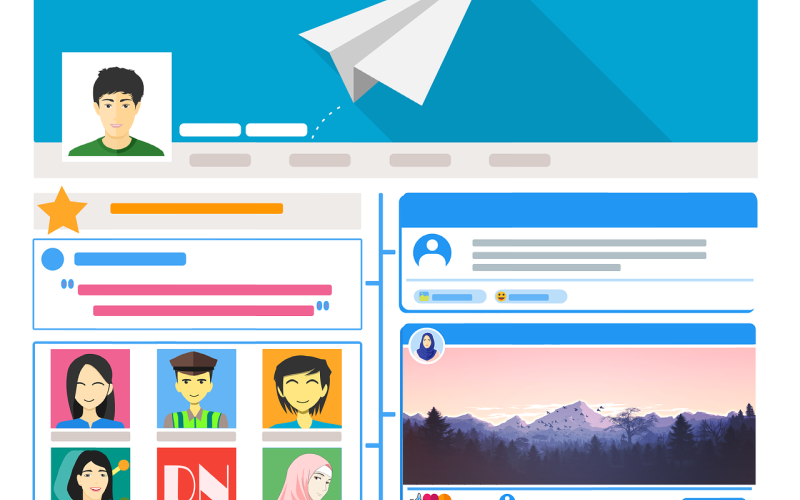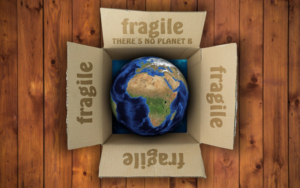Social media is often criticized for its negative impact on mental health, privacy concerns, and its role in spreading misinformation, but there’s a flip side to consider. When used responsibly, social media can be a powerful tool for connection, support, and influence, especially for people who might struggle to find those things in their everyday lives. Its ability to reach massive audiences almost instantly has made it one of the most significant tools of our time, whether for education, advocacy, or simply finding a community of like-minded people.
One of social media’s biggest strengths is how it allows for reaching large audiences quickly and effectively. This power to broadcast messages far and wide has brought attention to causes that might have otherwise gone unnoticed, creating momentum around issues like climate change, social justice, and mental health. Grassroots movements have taken off thanks to platforms like Instagram, Twitter, and TikTok, allowing activists and advocates to engage with people from all over the world. Social media has become a megaphone for those who want to make a positive impact, connecting them with others who share their goals and vision.
Consider how awareness campaigns spread online. Think about viral hashtags like #MeToo or #BlackLivesMatter—these movements started from individual voices but quickly became international conversations, pushing for real change. Social media’s broad reach allows people to educate others on issues, share personal stories, and build solidarity. A single post can spark change, drawing in people who may not have been aware or engaged otherwise. For many, it’s empowering to know that their voice can contribute to something bigger, reaching audiences they’d never be able to reach otherwise.
On a more personal level, social media has the power to provide a safe space for people who may feel isolated or marginalized. For some, their real-world environment might not be supportive or understanding, especially when it comes to mental health, LGBTQ+ identities, or unconventional interests. Online, these individuals can find communities that accept them as they are, giving them a place to express themselves without fear of judgment. For instance, forums and groups on platforms like Reddit, Tumblr, and Facebook offer spaces where users can talk openly about their struggles, find advice, and connect with others who share similar experiences.
This safe space aspect of social media can also contribute to mental well-being. While scrolling through a feed isn’t a replacement for therapy or face-to-face interaction, finding an accepting community online can make a big difference, especially for those struggling with mental health. Many people find solace in knowing they aren’t alone in their experiences, and social media allows for this connection even across great distances. In a world where stigma around mental health is still prevalent, social media can offer a refuge—a place where people feel comfortable enough to be vulnerable, share openly, and receive support.
Social media is far from perfect, and it comes with its own set of challenges, but when used mindfully, it can foster positive connections and amplify important causes. For many, it’s a lifeline, a bridge to a world that might otherwise seem out of reach. It provides a way to be heard, to connect, and to feel safe—even if just in a small corner of the internet. That’s the potential of social media: to connect us, not just as followers or “likes,” but as people supporting one another across the digital divide.




